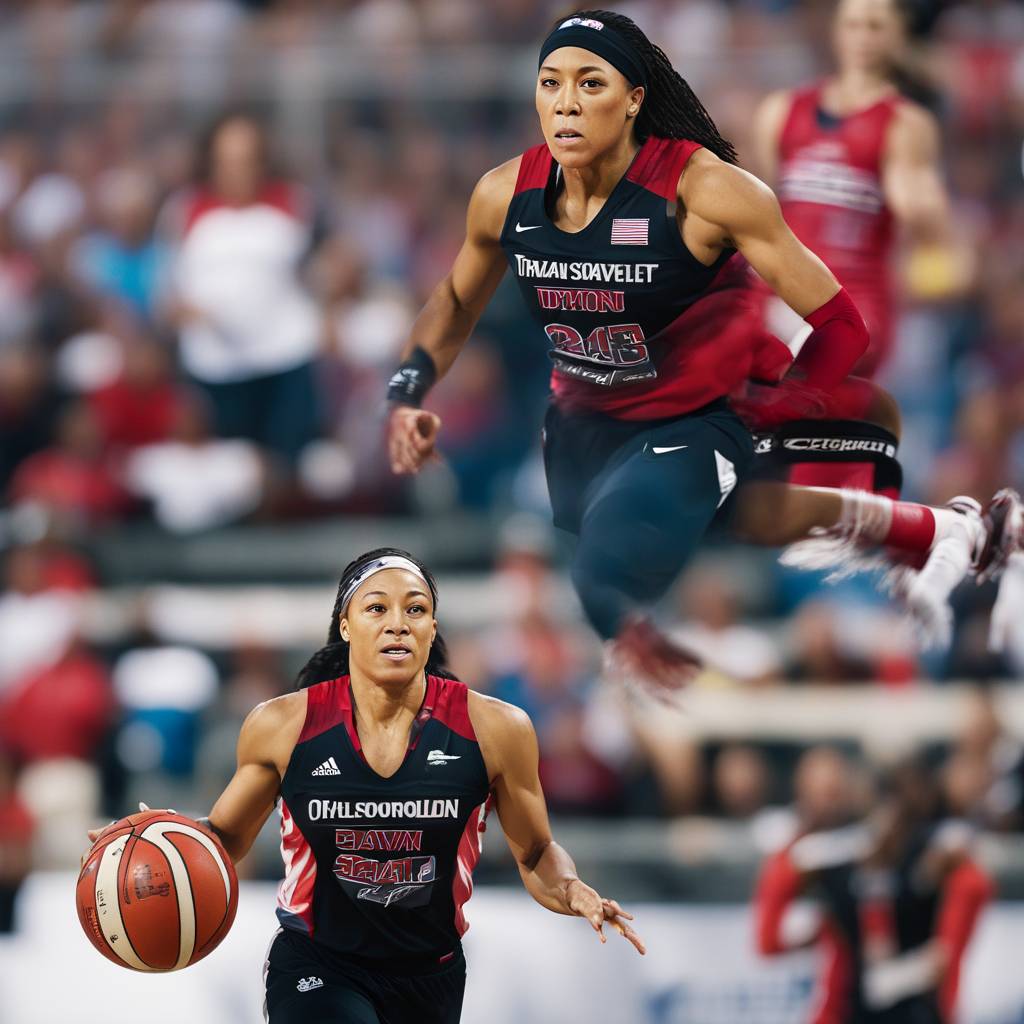South Carolina coach Dawn Staley’s support for transgender athletes in women’s sports ahead of the Gamecocks’ national championship win over Iowa went viral. OutKick writer Dan Zaksheske appeared on “Don’t @ Me with Dan Dakich” and criticized Staley’s answer, suggesting it was influenced by the protective coverage she receives from the media. Zaksheske expressed skepticism about whether Staley truly believes in allowing transgender athletes in women’s college basketball, given her religious leanings and long tenure in the sport.
Staley’s response to the question of whether transgender women should be able to participate in women’s college basketball was clear: “Yes.” She reiterated her belief that anyone who identifies as a woman should be able to play sports. Staley acknowledged that her stance might draw criticism from some, but she was willing to stand by her opinion. The debate over transgender athletes in women’s sports sparked discussions on social media, with contrasting views being expressed by different individuals.
Zaksheske’s comments on Staley’s response highlighted the perceived lack of critical coverage in women’s college basketball media and the tendency to protect and promote Staley positively. He suggested that Staley might have felt pressured to give a certain answer that aligns with the expectations of the media that cover her. The discussion around Staley’s support for transgender athletes reflects broader conversations within the sports community about inclusivity, fairness, and the participation of transgender individuals in sports.
Staley’s unwavering support for transgender athletes in women’s sports on the eve of a significant championship game demonstrates her commitment to inclusivity and equality in athletics. Despite the potential backlash her comments may receive, Staley stood by her beliefs and expressed her opinion openly. The debates sparked by Staley’s remarks highlight the complex and evolving conversations surrounding transgender athletes’ participation in sports, and the importance of creating an inclusive and welcoming environment for all individuals in athletics.
The controversy surrounding Staley’s support for transgender athletes in women’s sports underscores the need for ongoing discussions and consideration of the challenges and opportunities related to inclusivity in sports. Staley’s willingness to address this topic publicly and her steadfast support for transgender athletes contribute to the broader dialogue on diversity, equality, and fairness in athletic competition. As the sports community navigates these complex issues, it is crucial to continue listening to diverse perspectives and working towards creating a more inclusive and welcoming environment for all athletes, regardless of gender identity.


